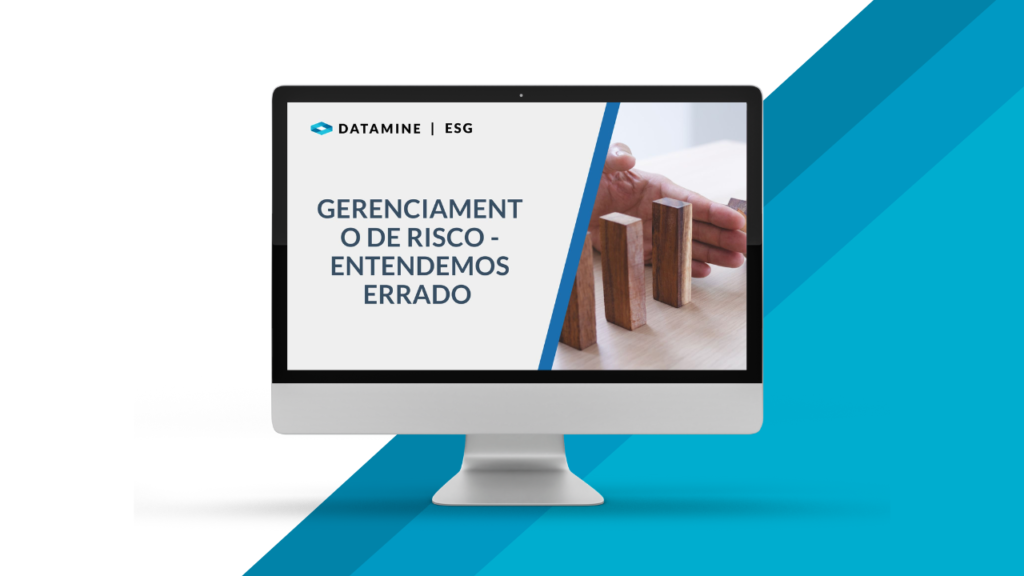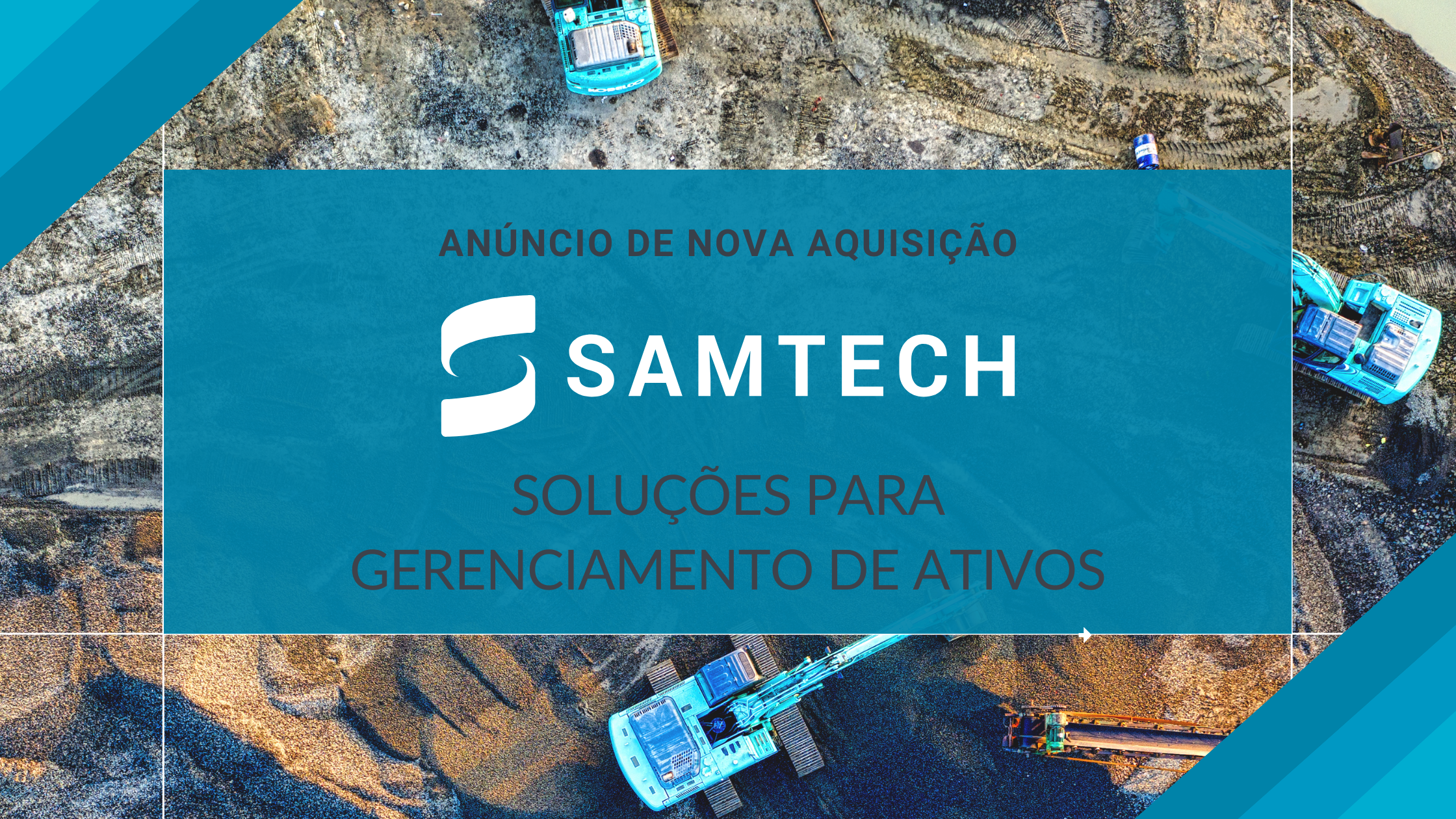Esa Immonen, VP Customer Experience – Datamine
“Risk”.
How much does the semantic loading in that single word limit our potential? Does the language of risk management create an inherent bias in the systems we implement, the tests we run, the data we collect and the actions we take?
The dictionary defines risk, the noun, as: “something that creates a hazard or possibility of loss or injury”.
Not a lot of room for positivity there. For most people there are no warm and fuzzy feelings when you say – or think – words like risk, consequence or assessment.
Science agrees. A recent German study (Wulff and Mata, 2022) investigated exactly that: the semantics of risk. Using word association, the study found across a sample of 1,205 participants that a component named Threat – which contained mostly negative consequences of taking risks such as danger, loss and accident – emerged as what was associated most easily with the thought of risk, and found to be most similar to the overarching concept of risk.
It seems it’s clear: the mind automatically jumps straight into thoughts of danger and failure. The R-word focuses the mind on fear of the future and leaves us spending our time planning for doomsday rather than what could be – and should be – a great day.
But, is that just how it has to be? Could we flip the script? Could risk management be better thought of as “reward management” or “reward anticipation”? After all, the ultimate aim of any business strategy is to create successful and positive outcomes, not negative ones. Consequently, it makes more sense to plan for success and celebrate achieving it, rather than planning for the worst and settling for one step up from failure. We can do better.
If you find your head nodding in agreement with these thoughts, you’re not alone. Beyond simply looking at the positive, it’s even been proposed we make risk management “sexy”.
This was a challenge Edith Cowan University Governance lecturer Vicki Wilder proposed. Wilder suggested rather than talking in risk management terms to senior leaders, risk managers should look for the “sexy” elements and talk in the language that suited the environment of the presentation – whether it’s cost savings, health and safety or legal impacts.
Using cost as an example, she suggested: “If I worked on a $45B project and my contract was worth about half of that, say $22B, and I opened a meeting to say I had $7B of risk under management – I’d hope everyone at that table’s interest is excited, i.e., that the possibility of saving as close to $7B as possible, is sexy”.
In a similar vein, retired American risk professional Norman Marks, author of Risk Management in Plain English: A Guide for Executives urged risk managers to talk in terms of achievement of corporate objectives such as earnings, profits and projects.
“I especially like the word anticipate. It’s better than talking about ‘uncertainty’, another word risk practitioners understand (I hope) but executives find difficult,” Marks wrote.
While we’re busy re-thinking the words we use, what about the acronym ESG? Let’s look to reframe these Environmental, Social and Governance dimensions. Let’s look at it less as areas pure risk management and compliance, but as more – a positive and future-focussed social licence to operate, something that is regenerative in nature.
As businesses work to navigate into an ever more complicated future, there’s more and more interest from investors, staff, partners and suppliers in the environmental and social impact businesses have on the world, along with increasing demand for transparency in positive steps taken by companies to meet ESG commitments. All of this tells us that we have to rethink: we must change our language and talk about our ESG efforts in terms of aspiration and the long term benefits investment in ESG can bring about for businesses, our communities and the environment.
Yes, we know that being cognisant of risk is important – this is certainly not about being naïve, having unrealistic optimism biases or even overestimating the probability of wins. Rather, it’s about actively choosing to rethink and reframe ‘risk’ to ‘reward’ – to take the power away from the R-word, and to ultimately drive our thinking and shape our plans towards a more positive future.
Contact us, and request a Free DEMO here of our Software to manage all your ESG needs within your organisation.




